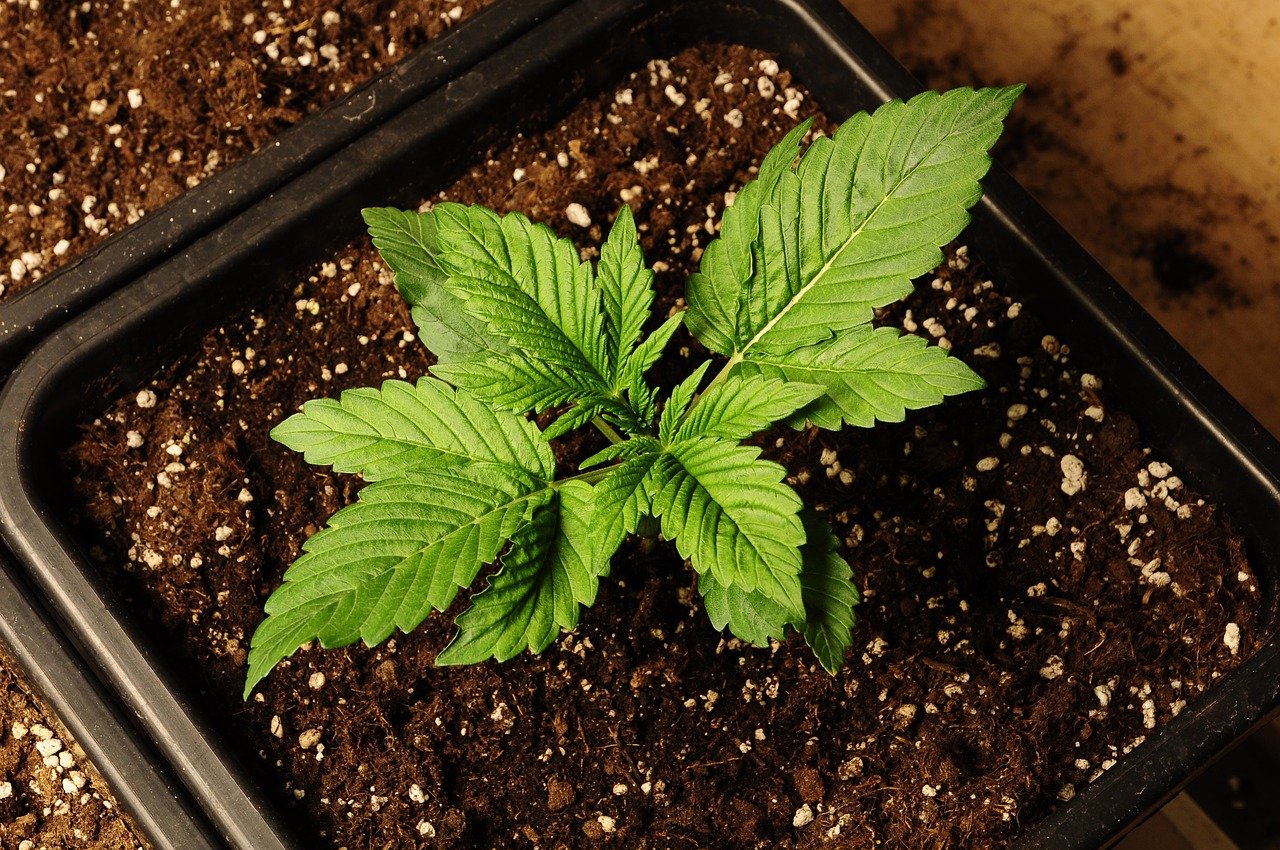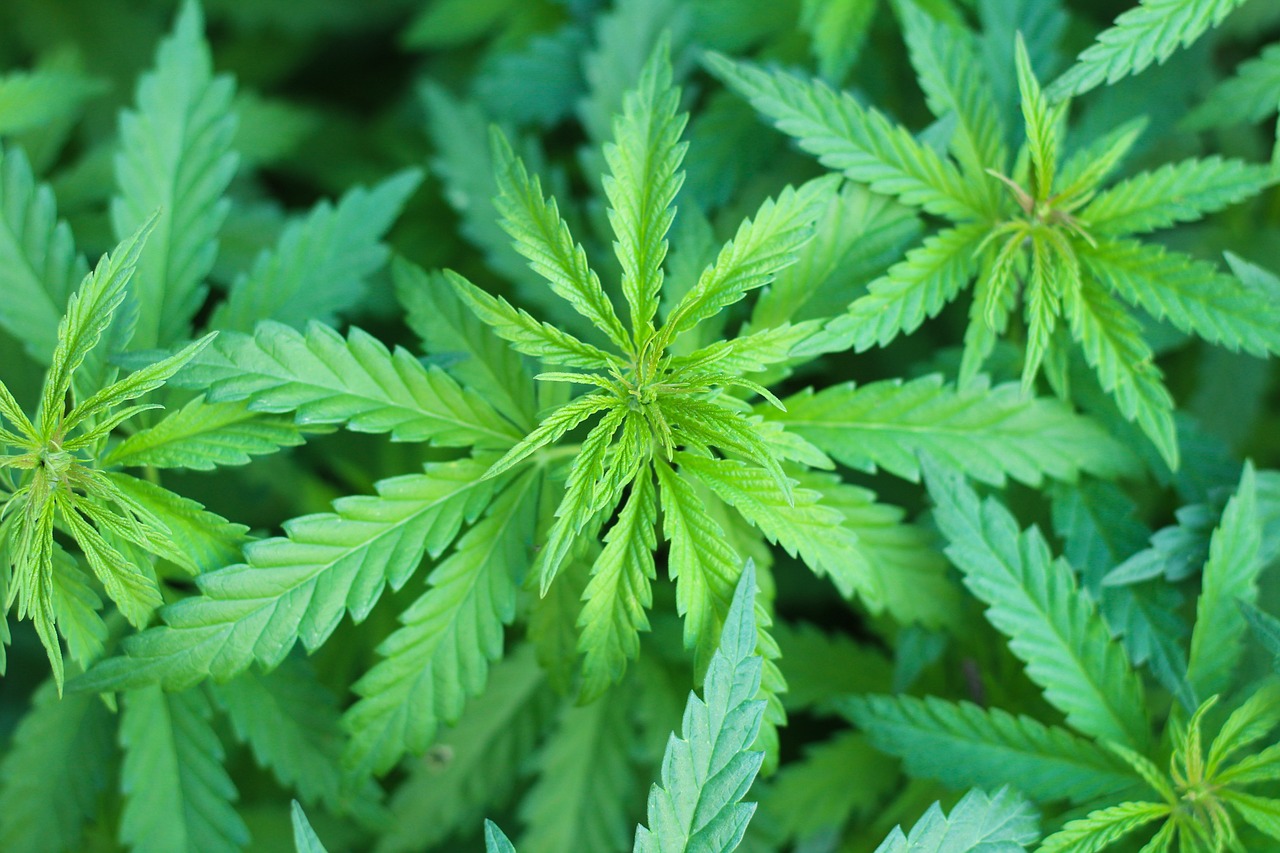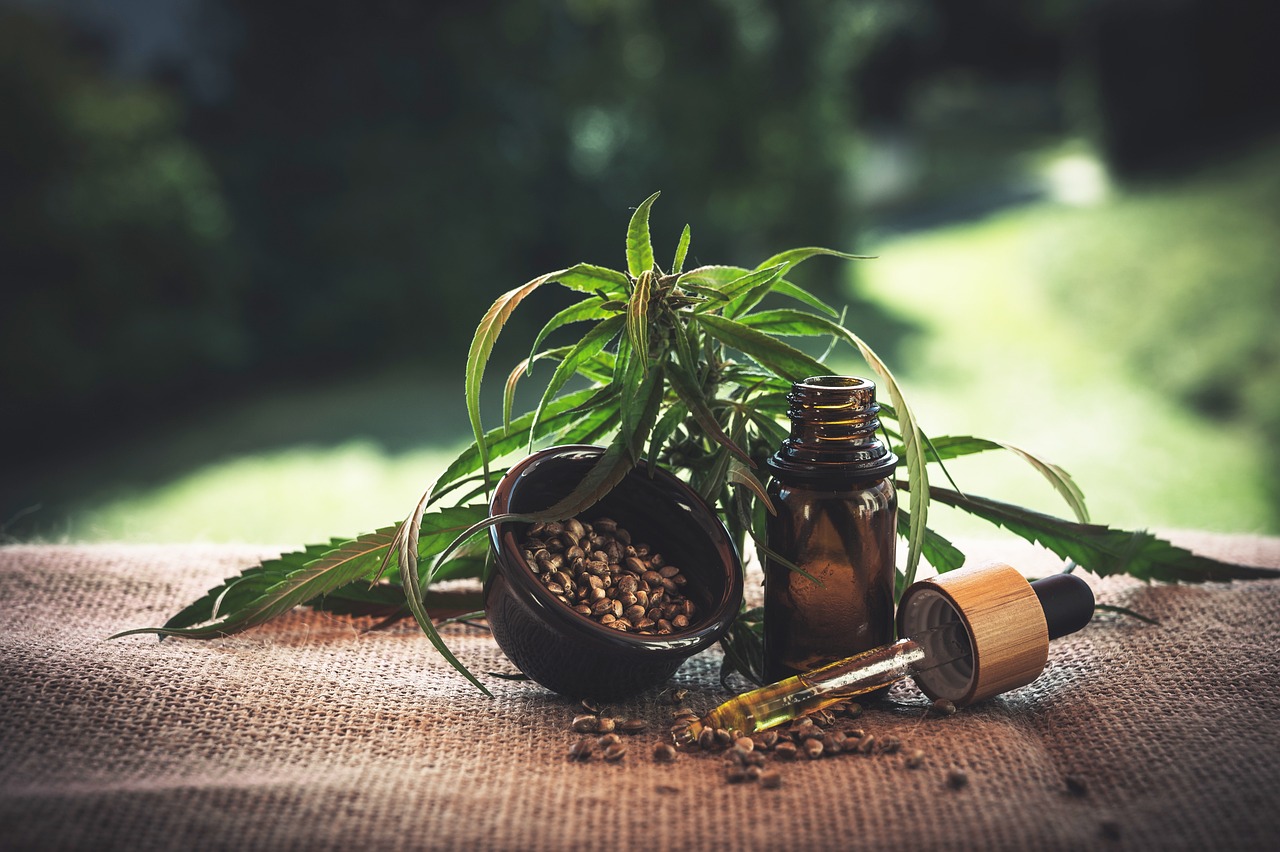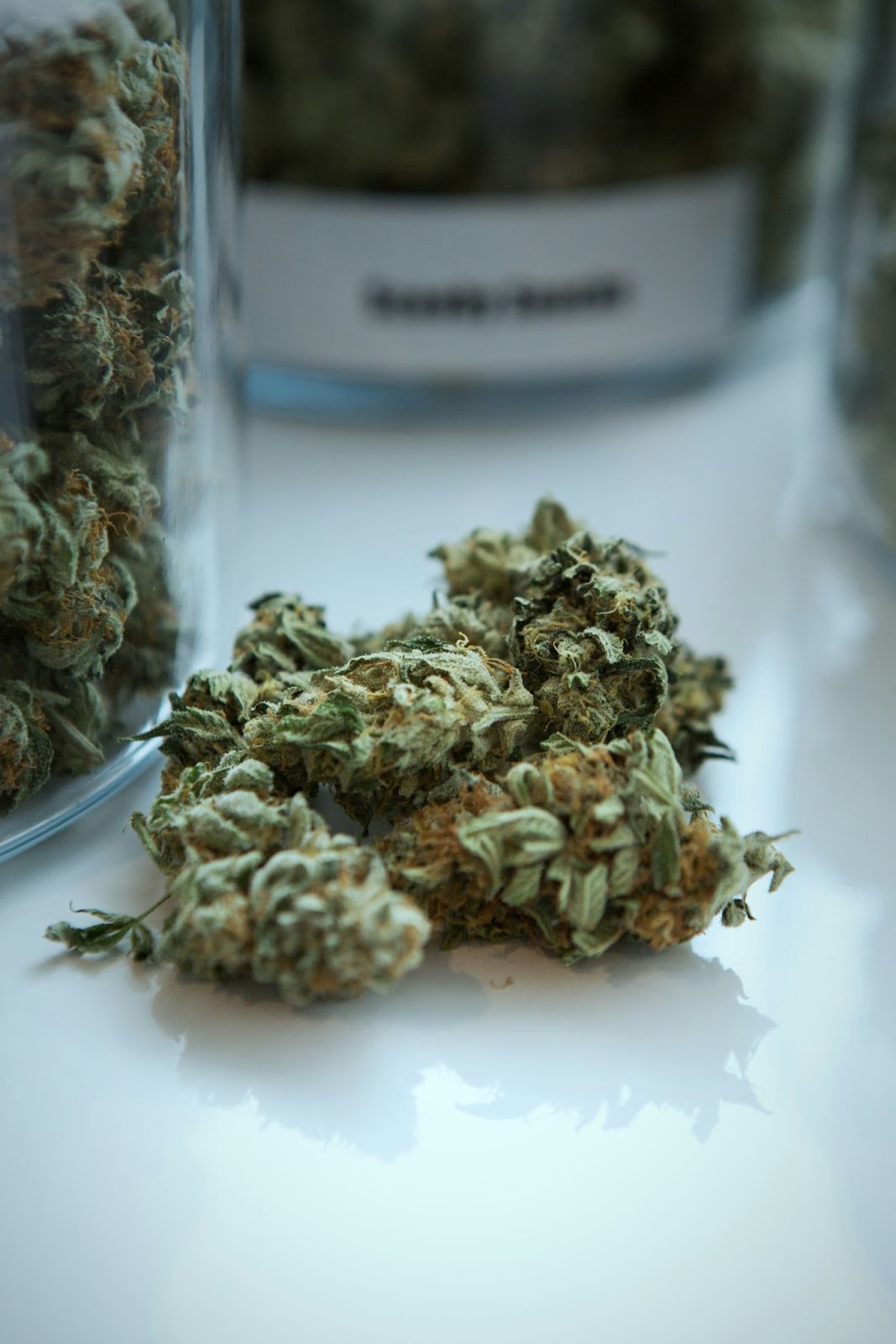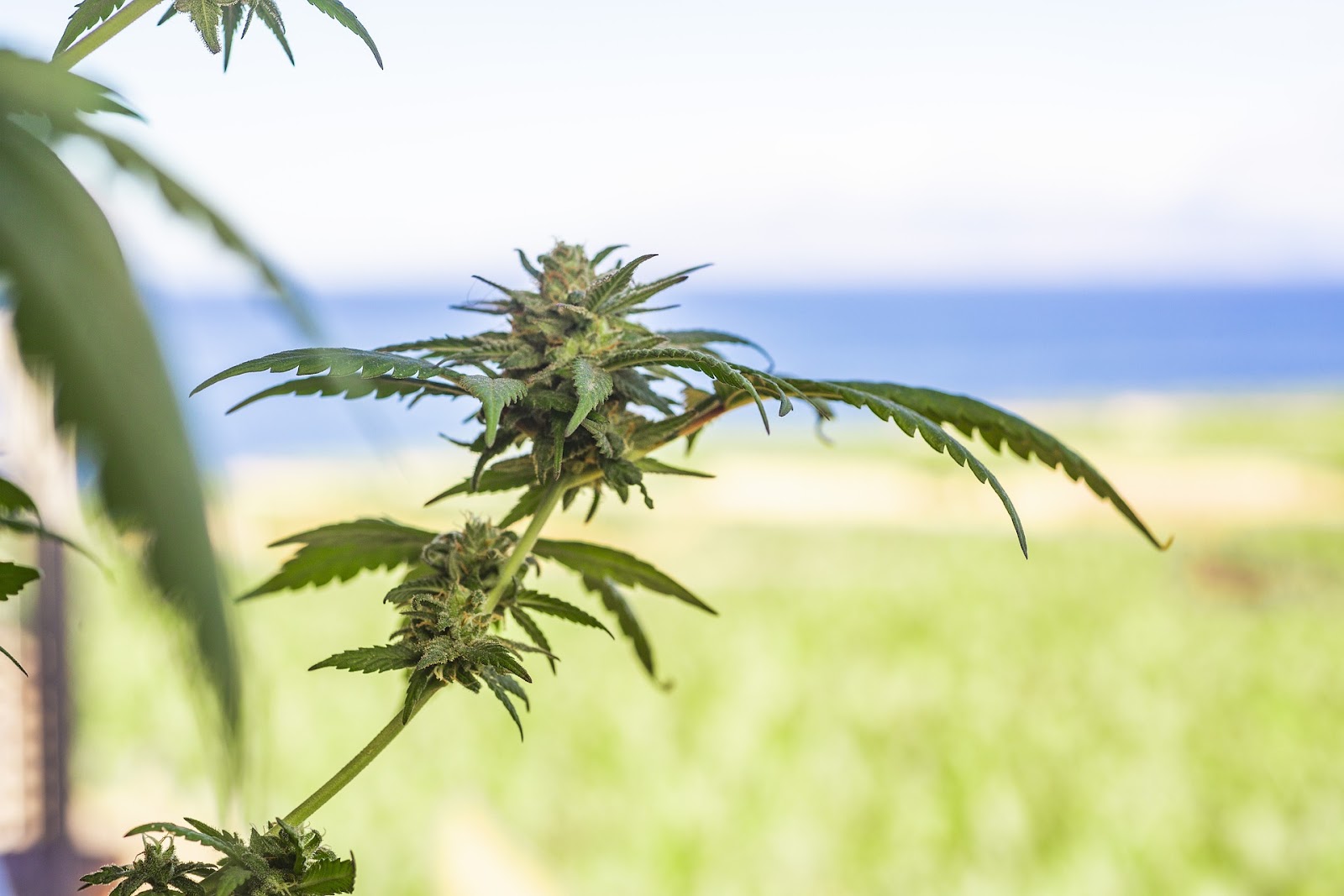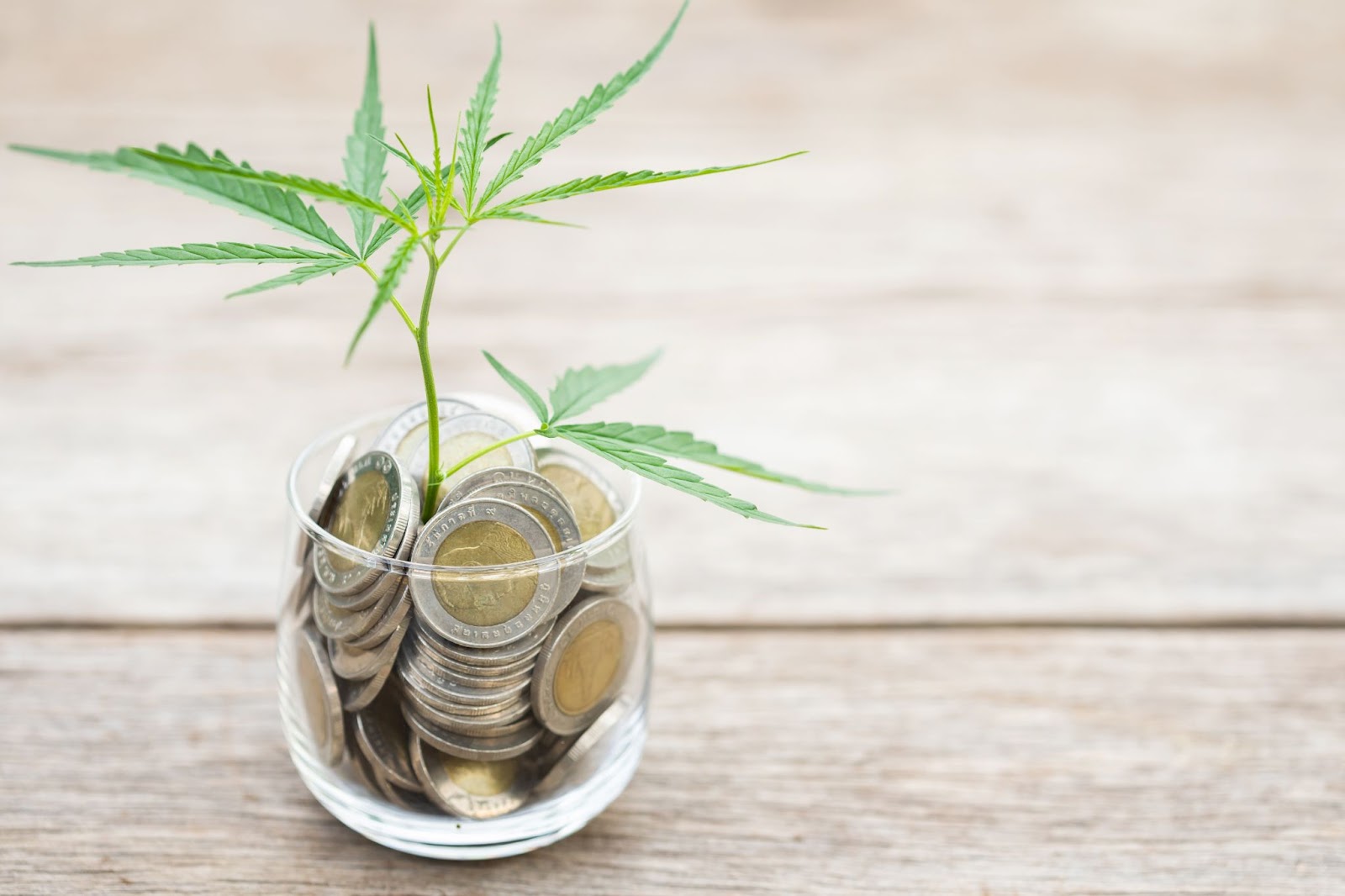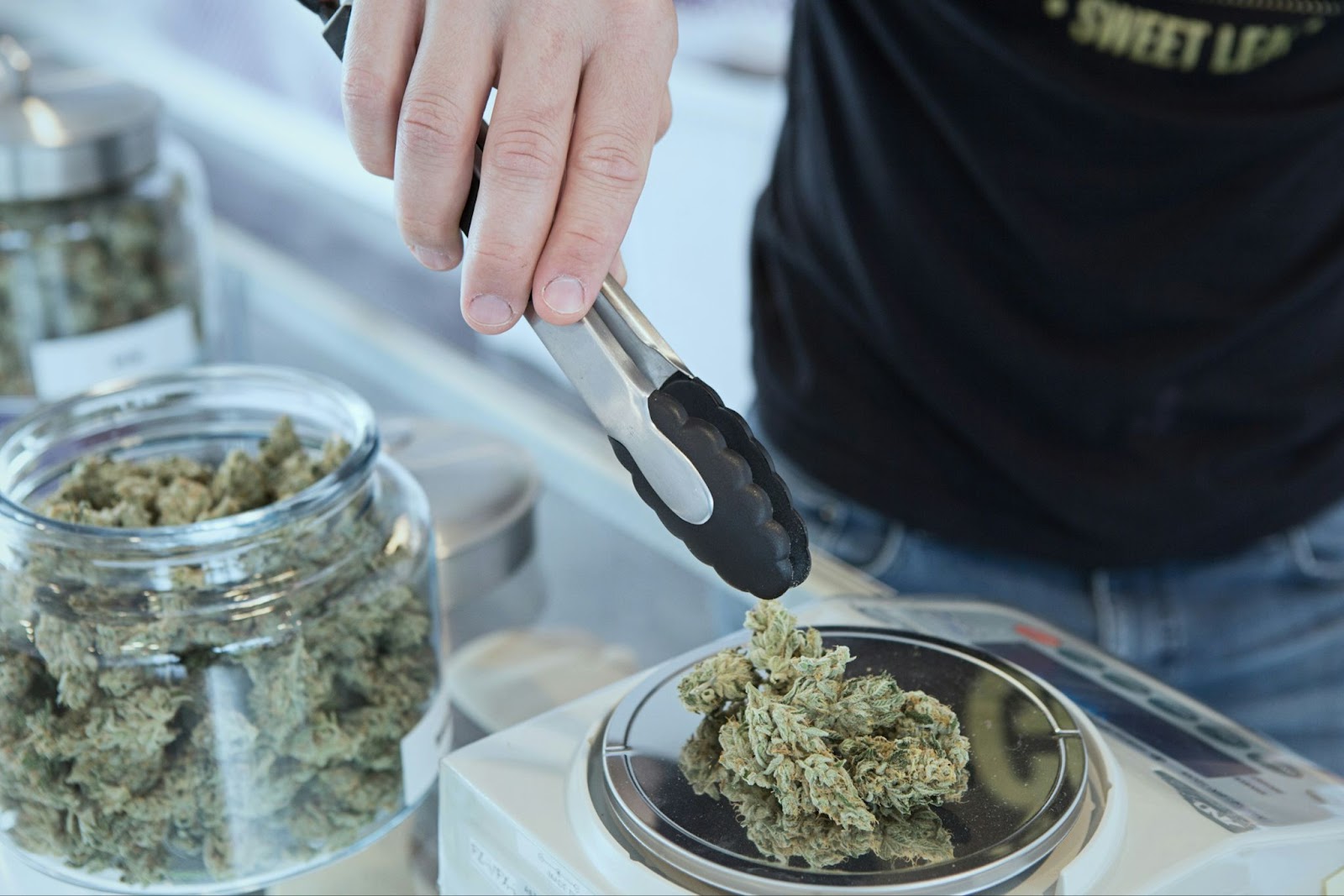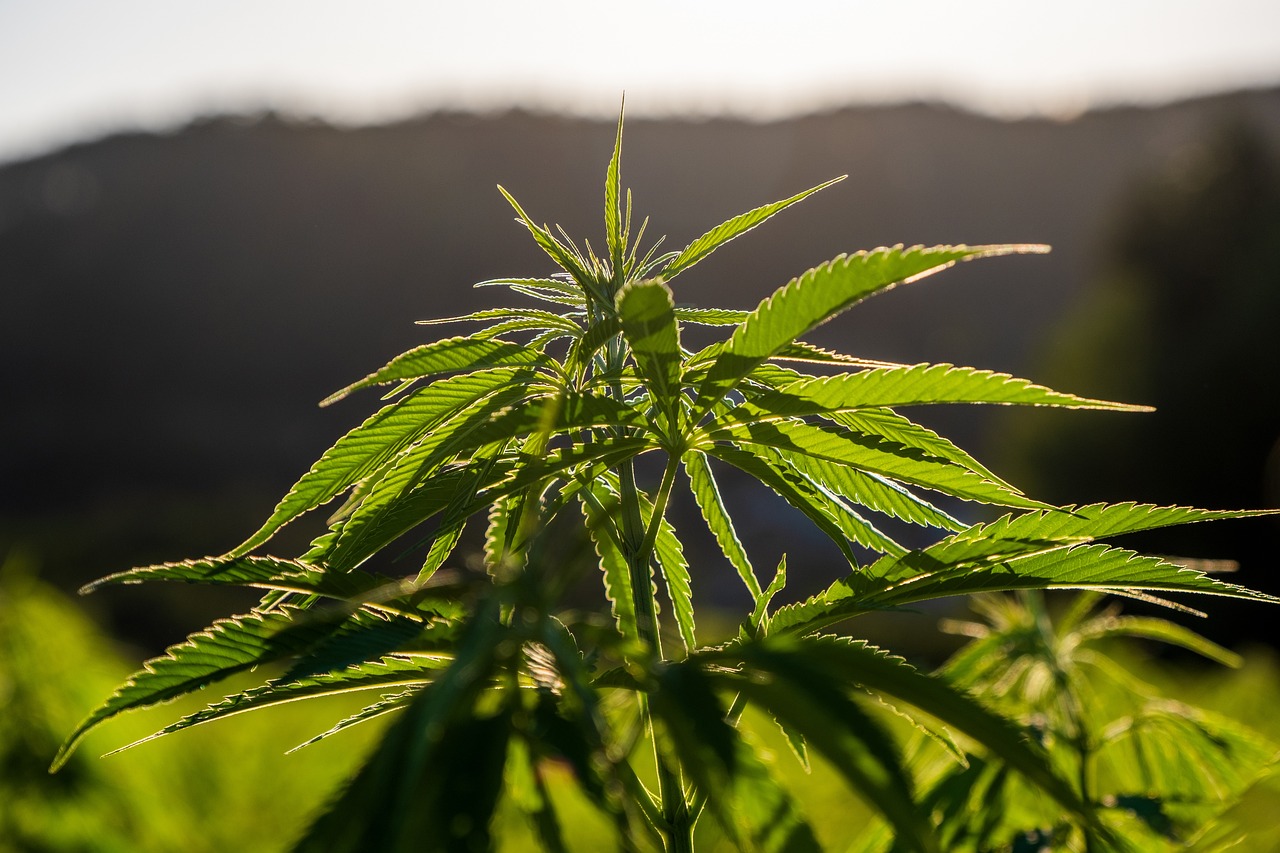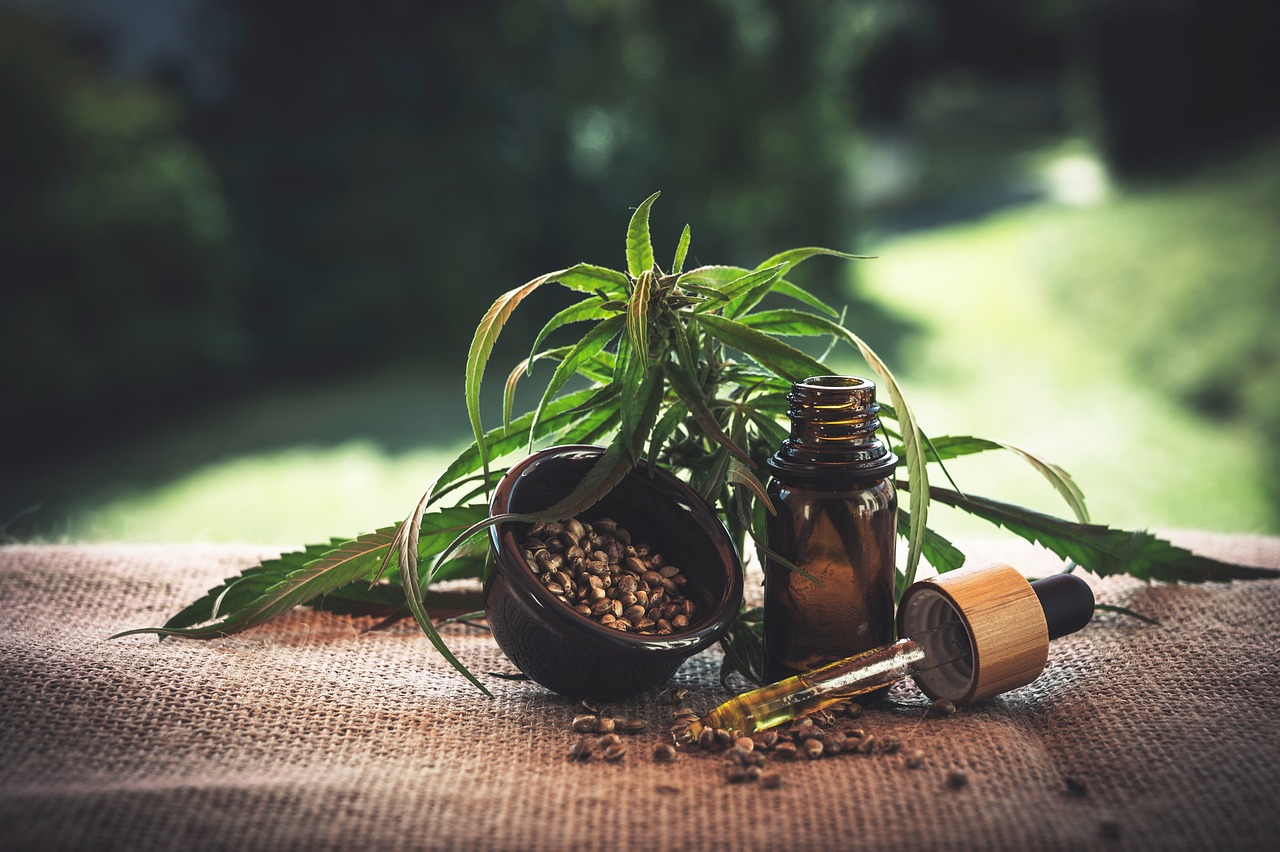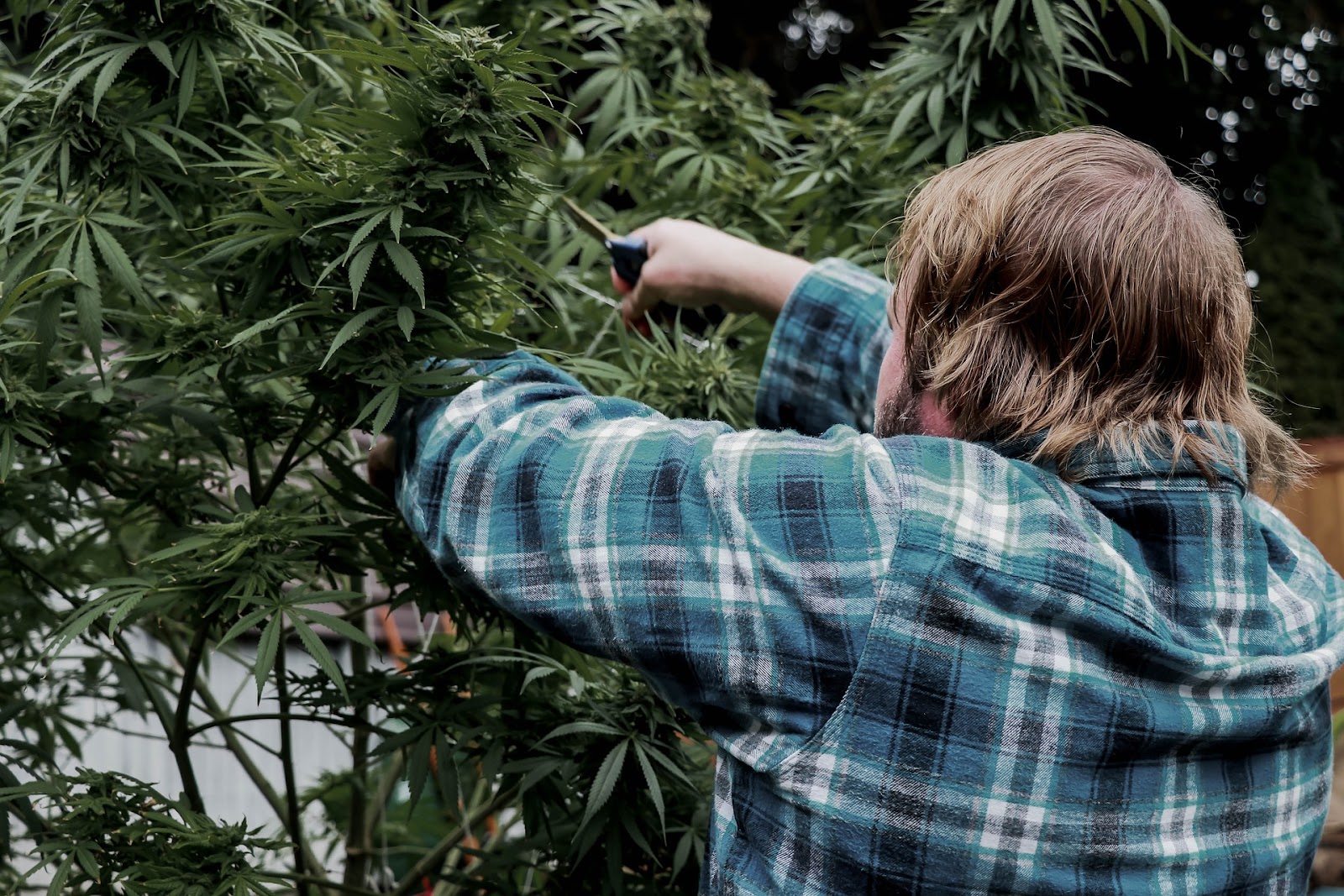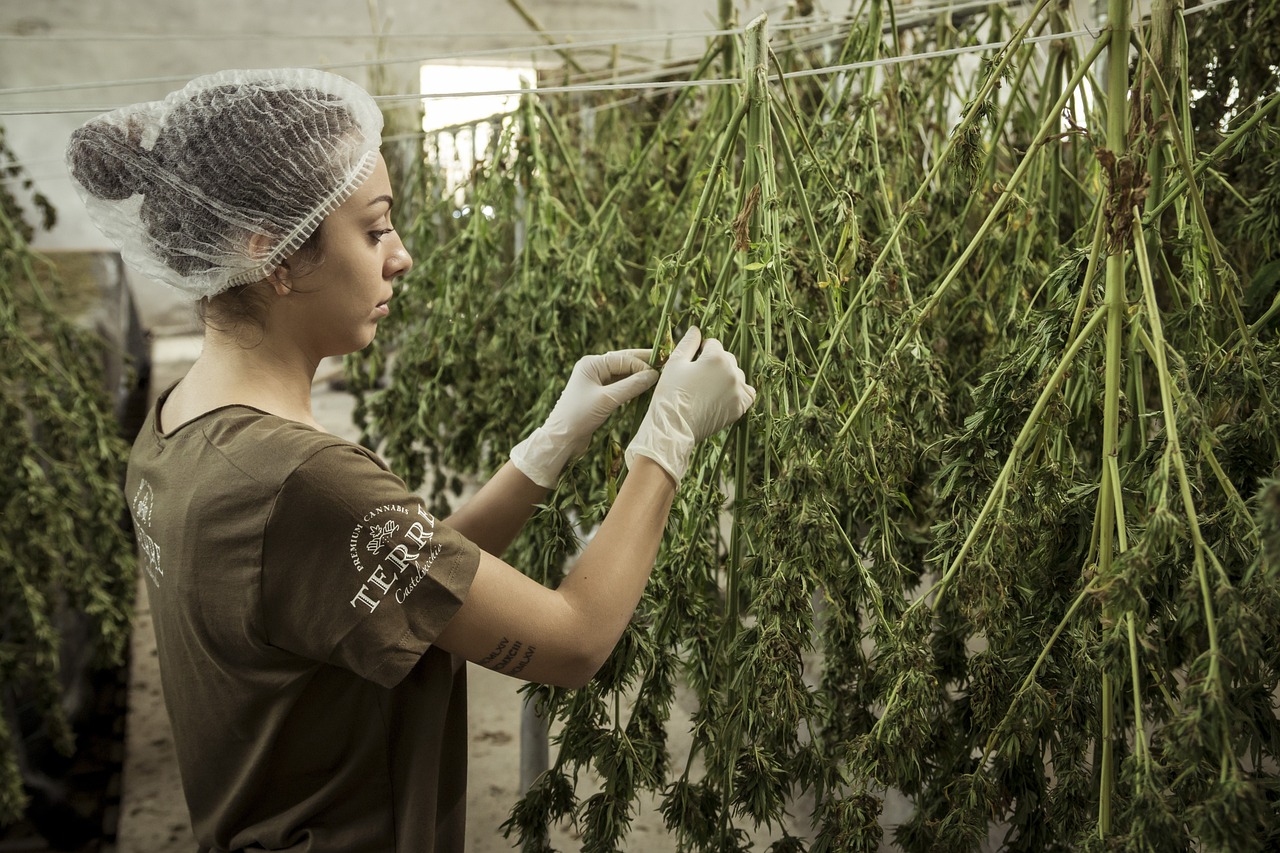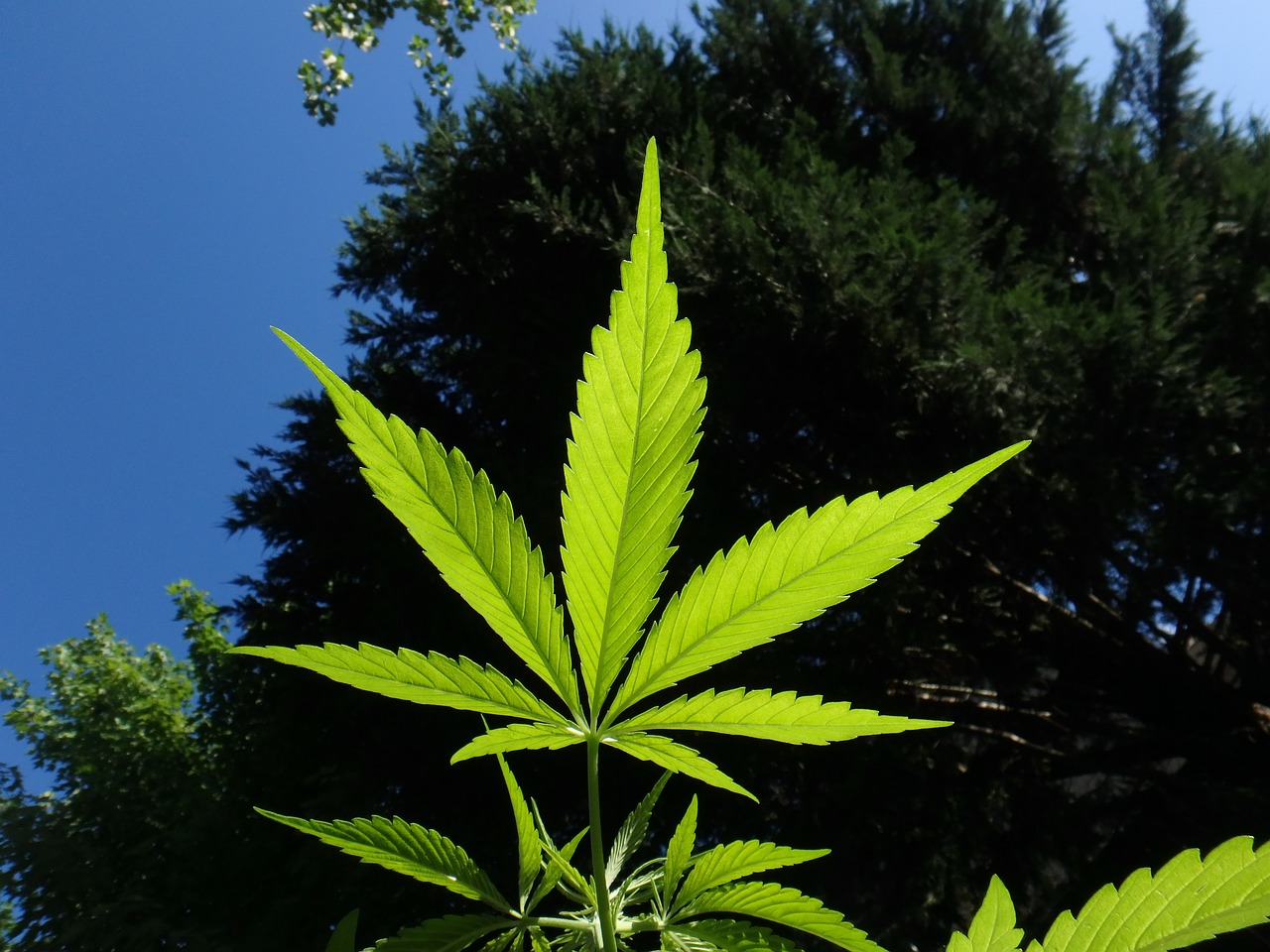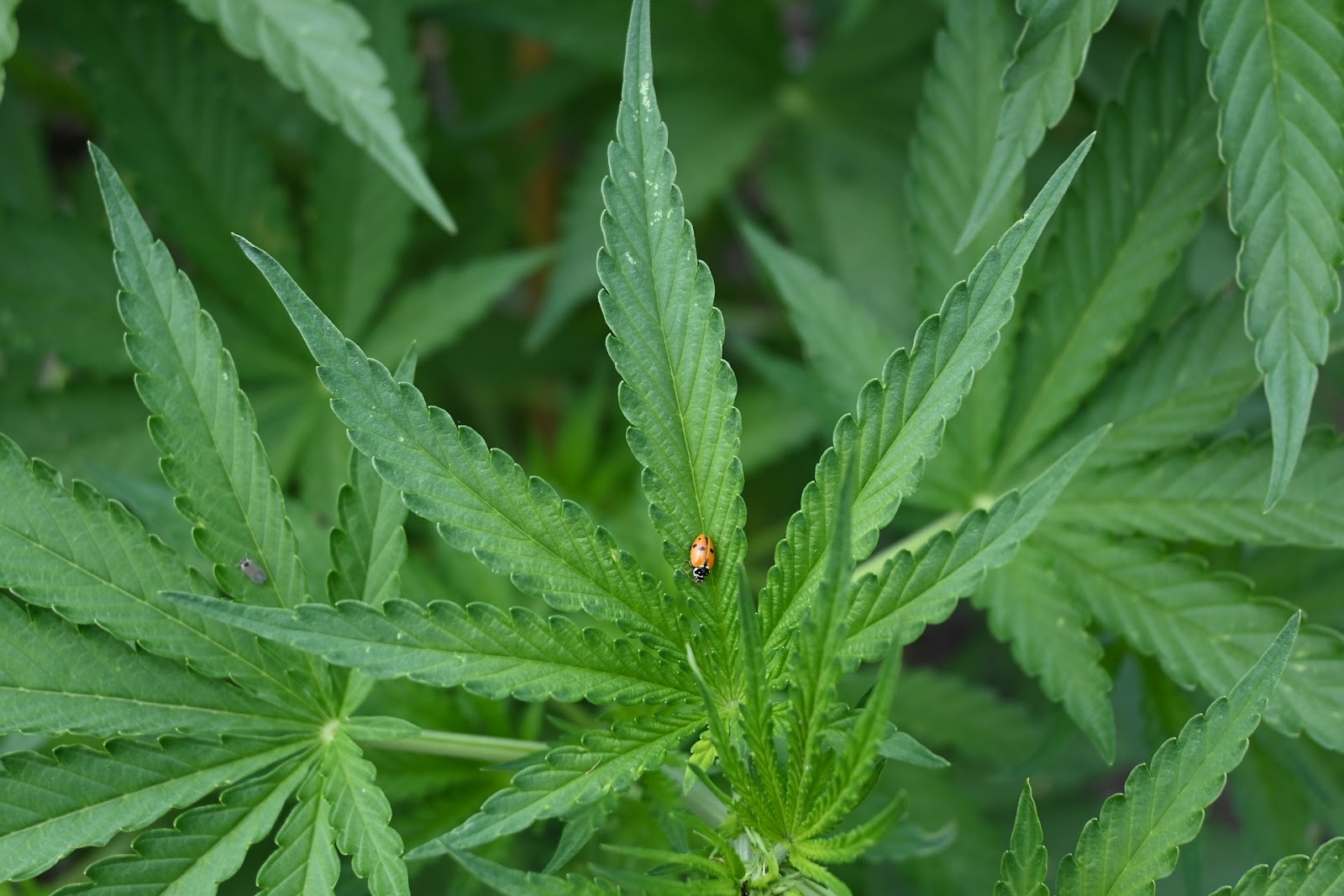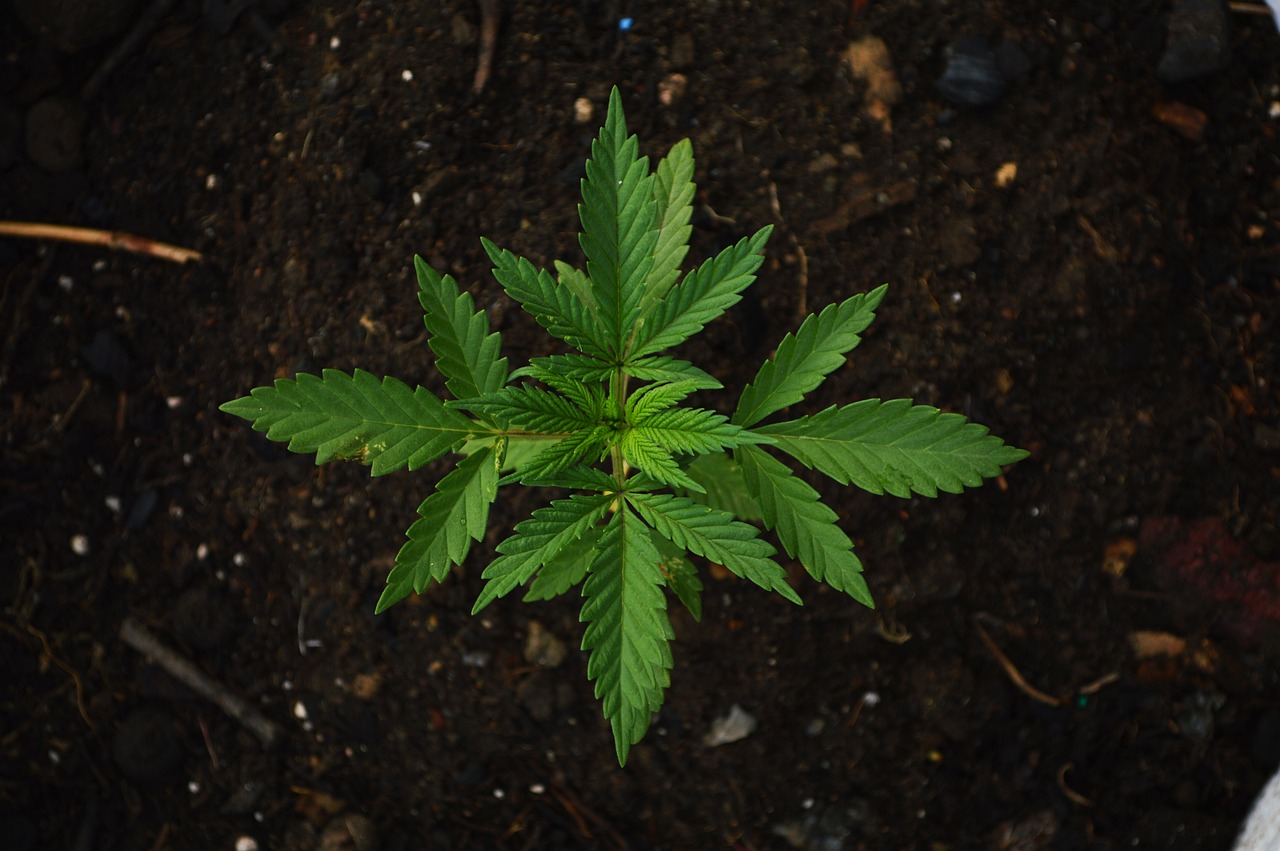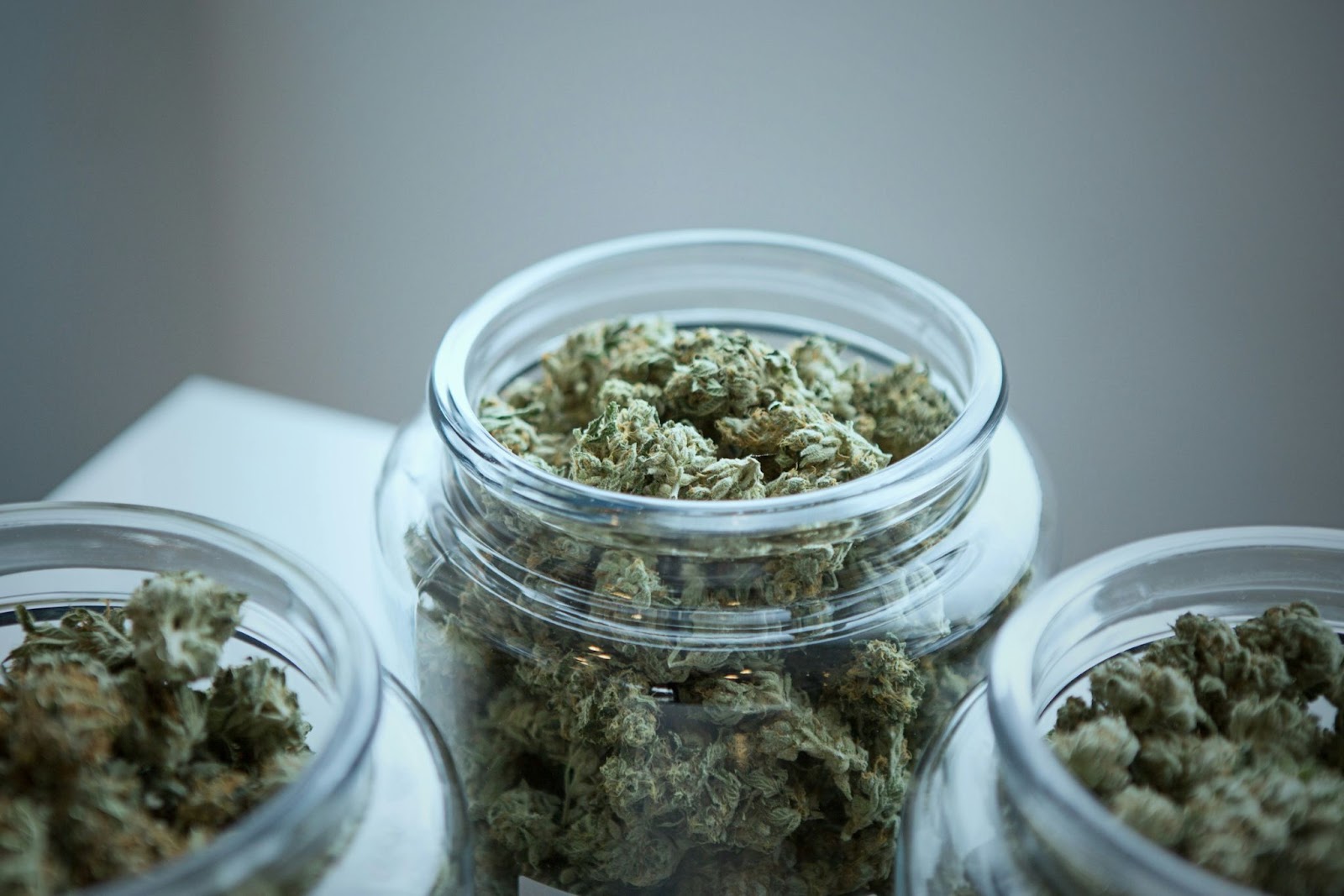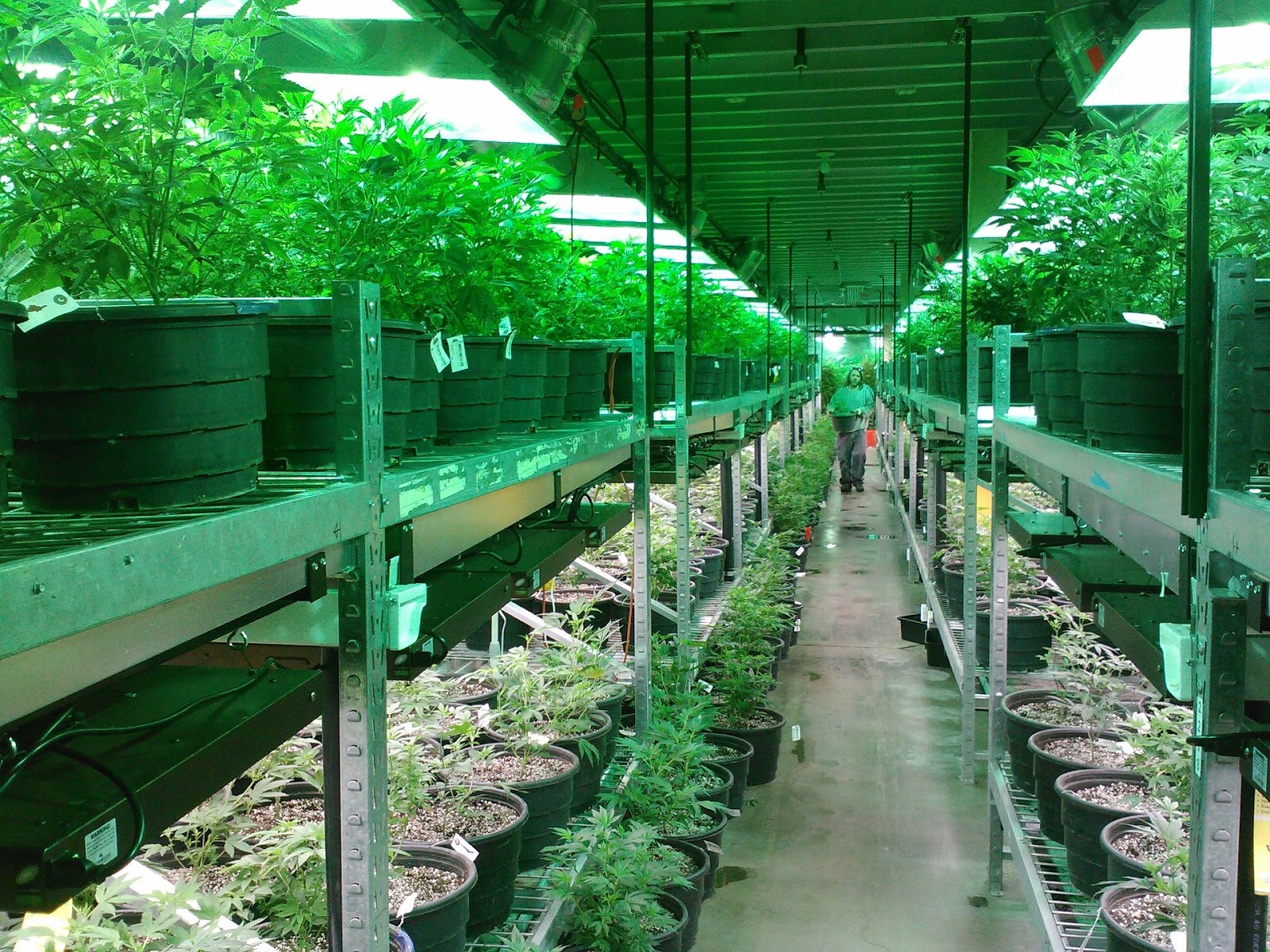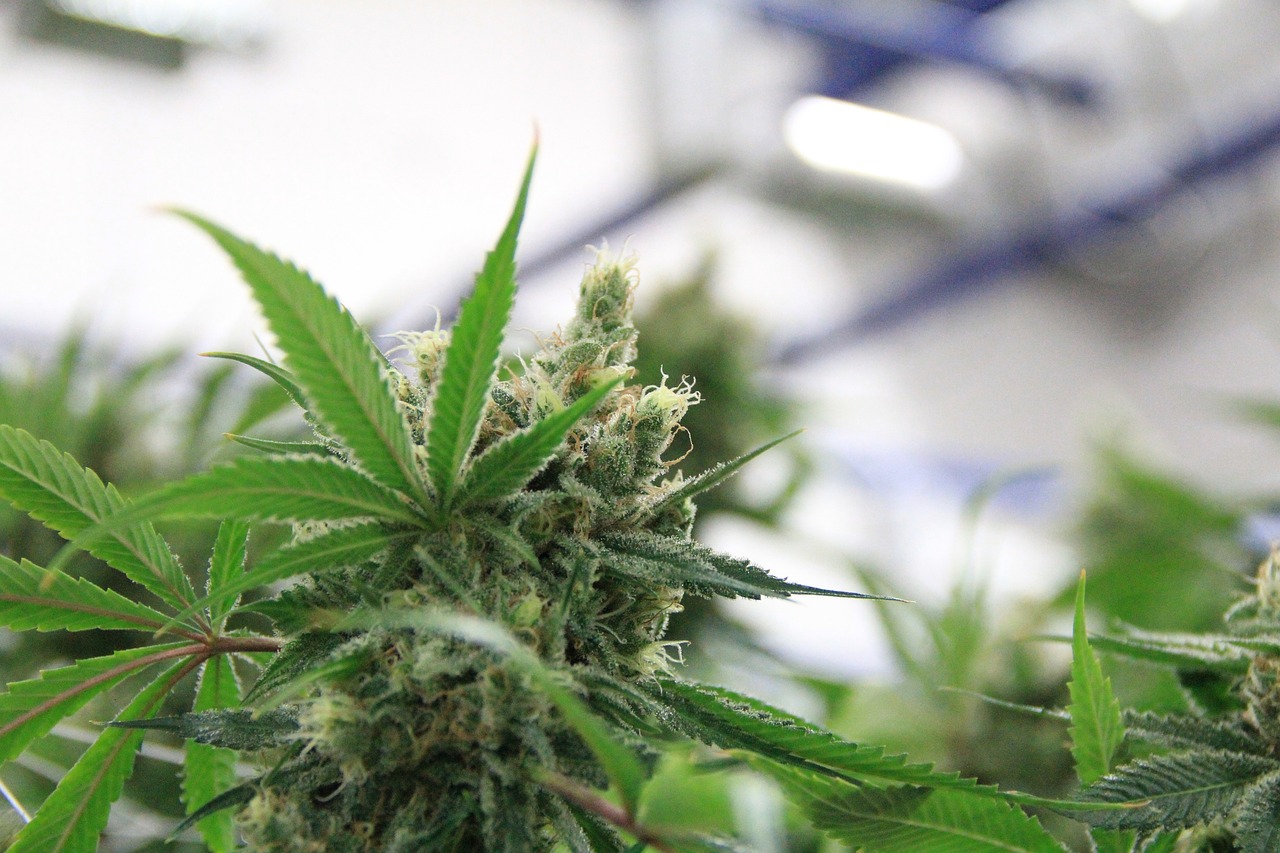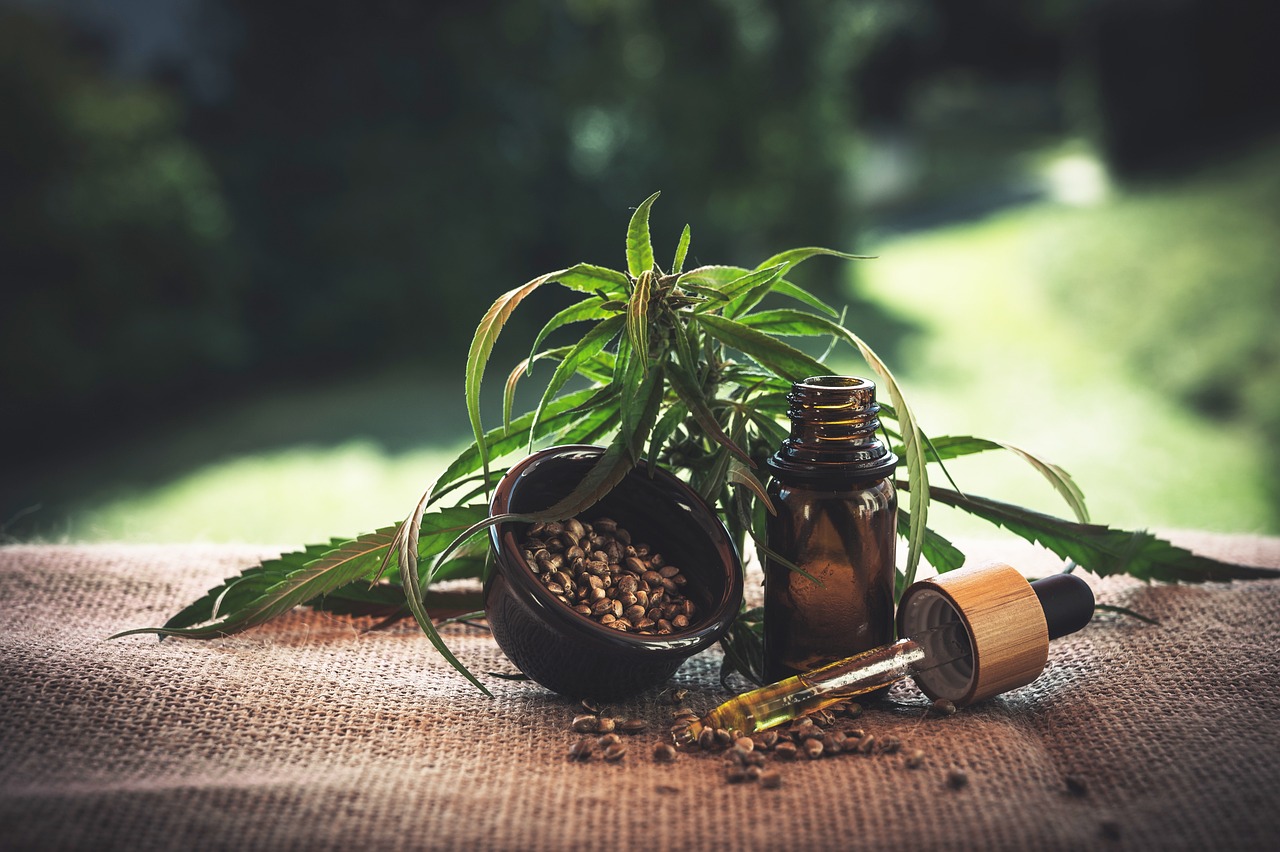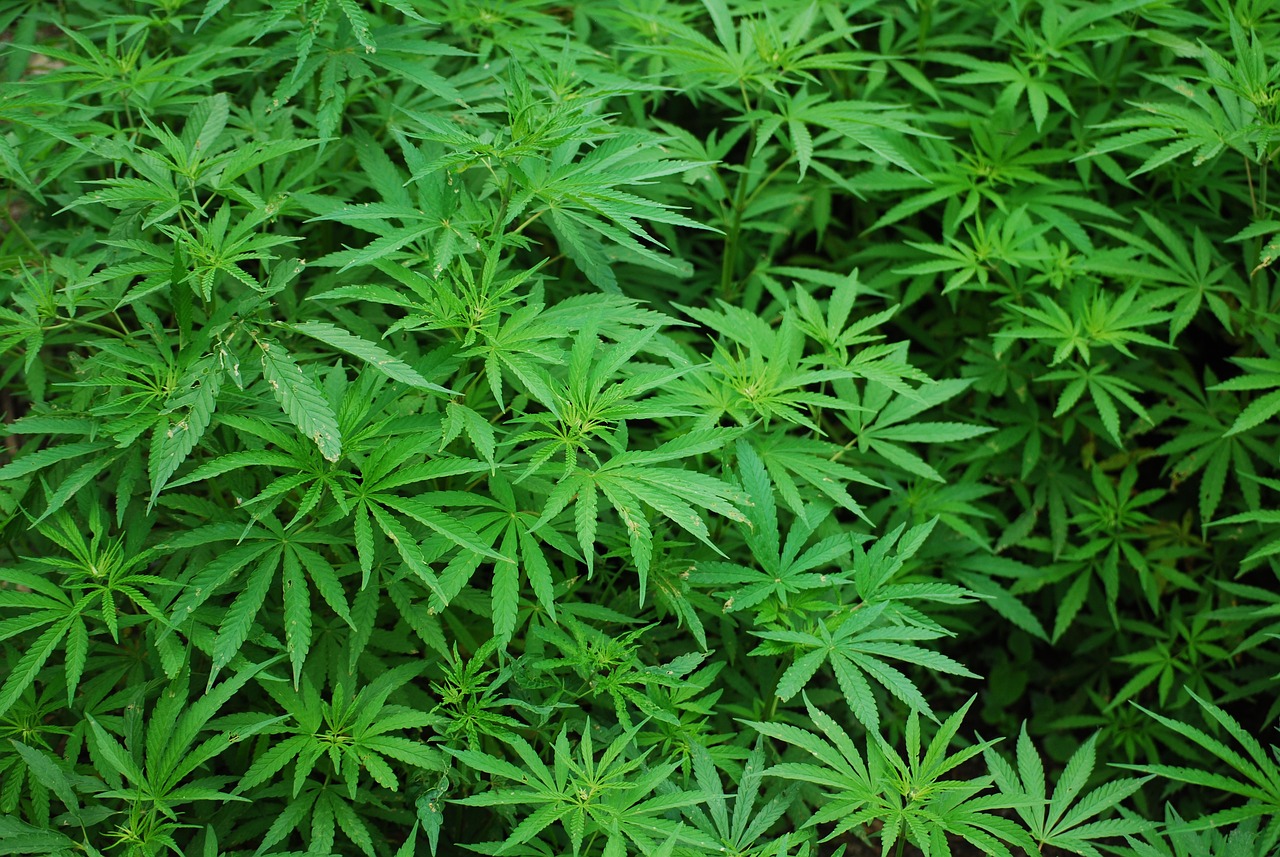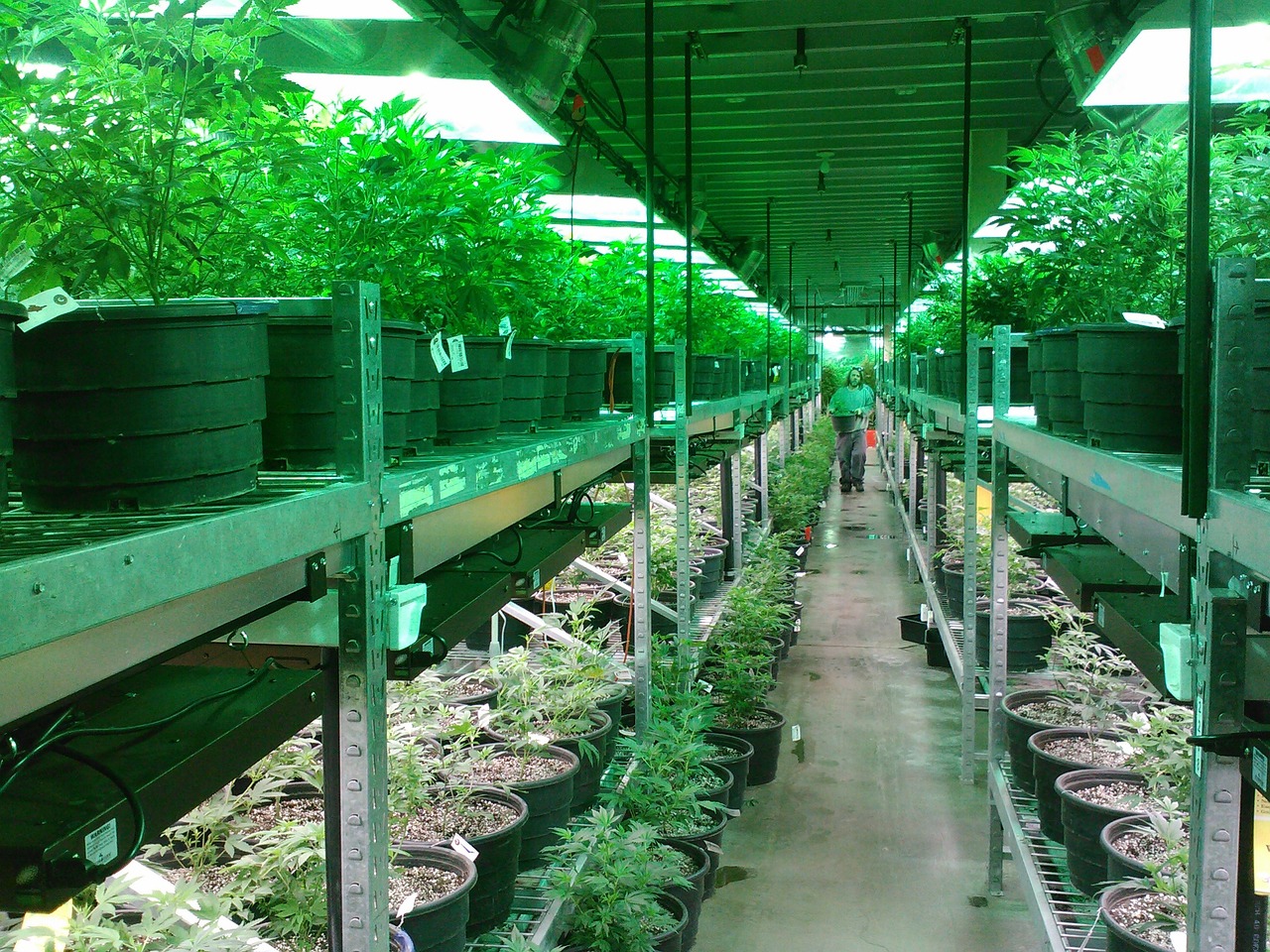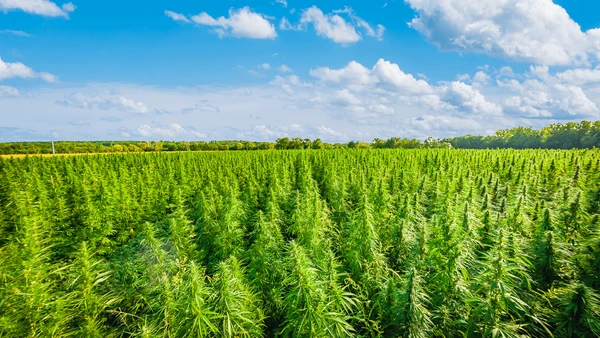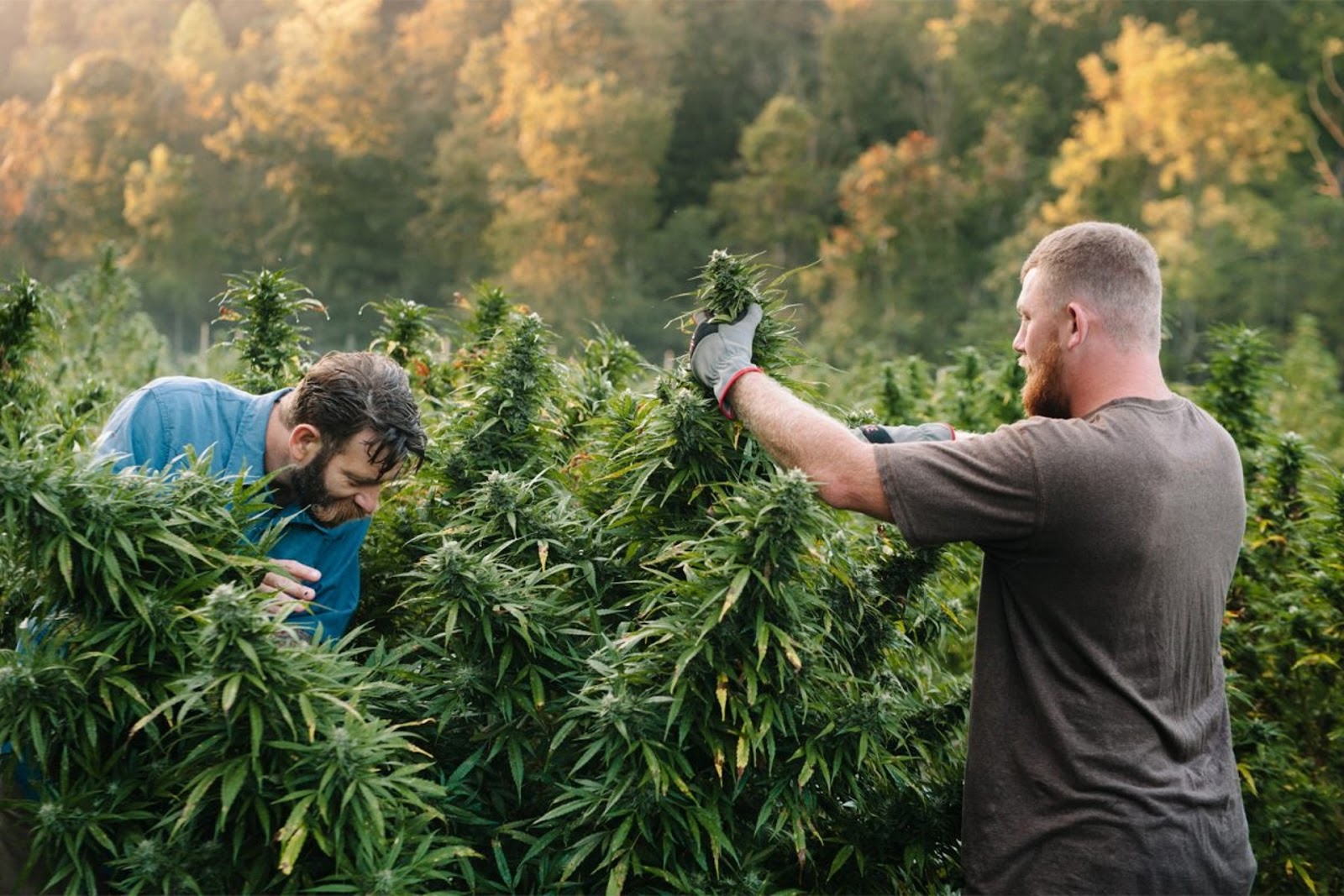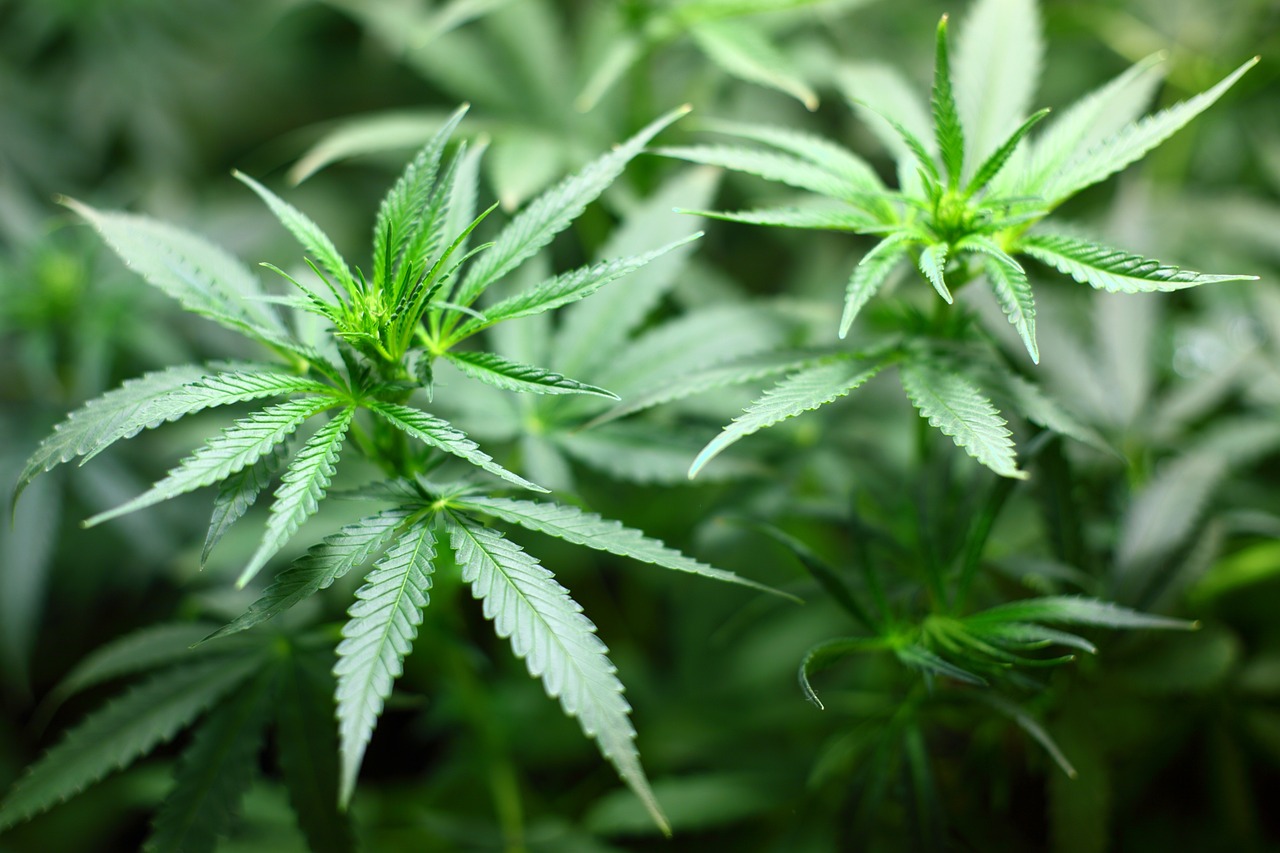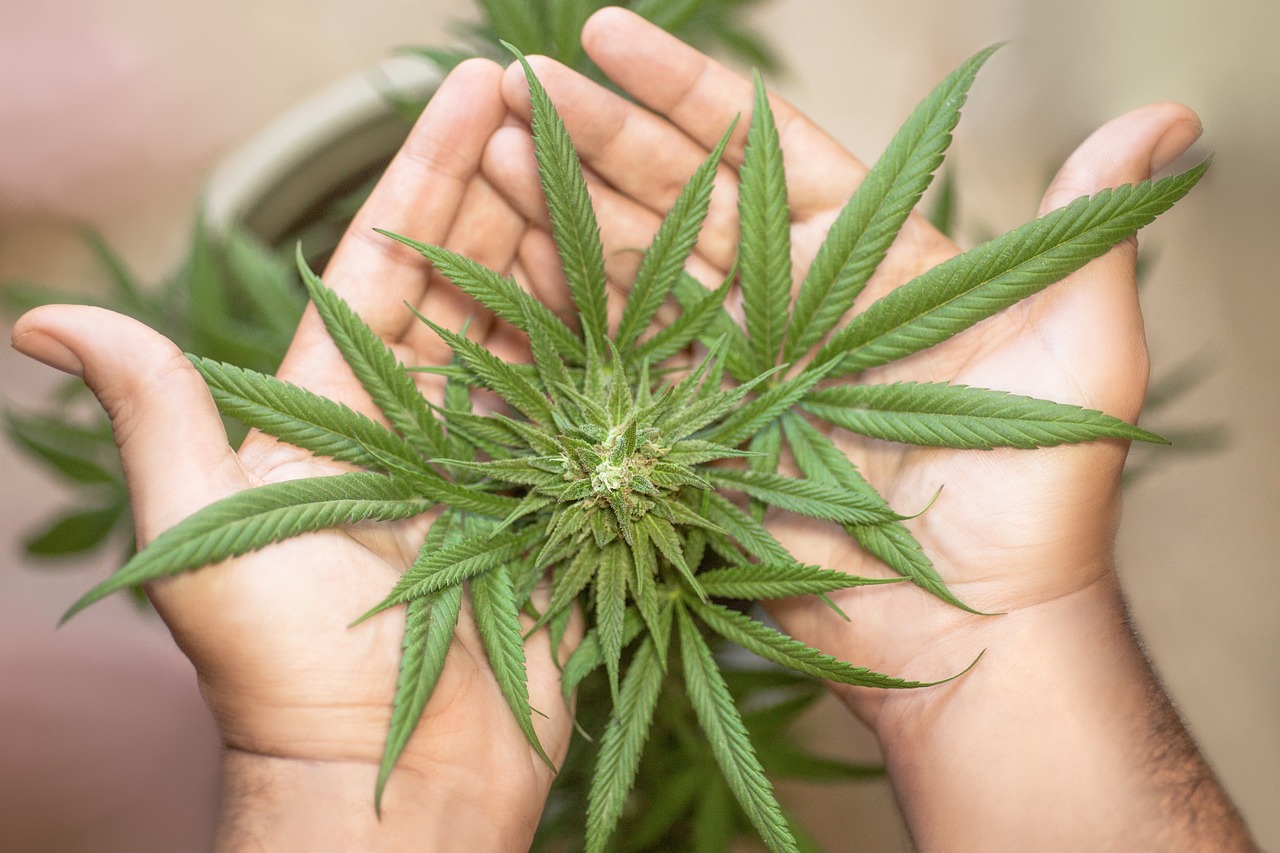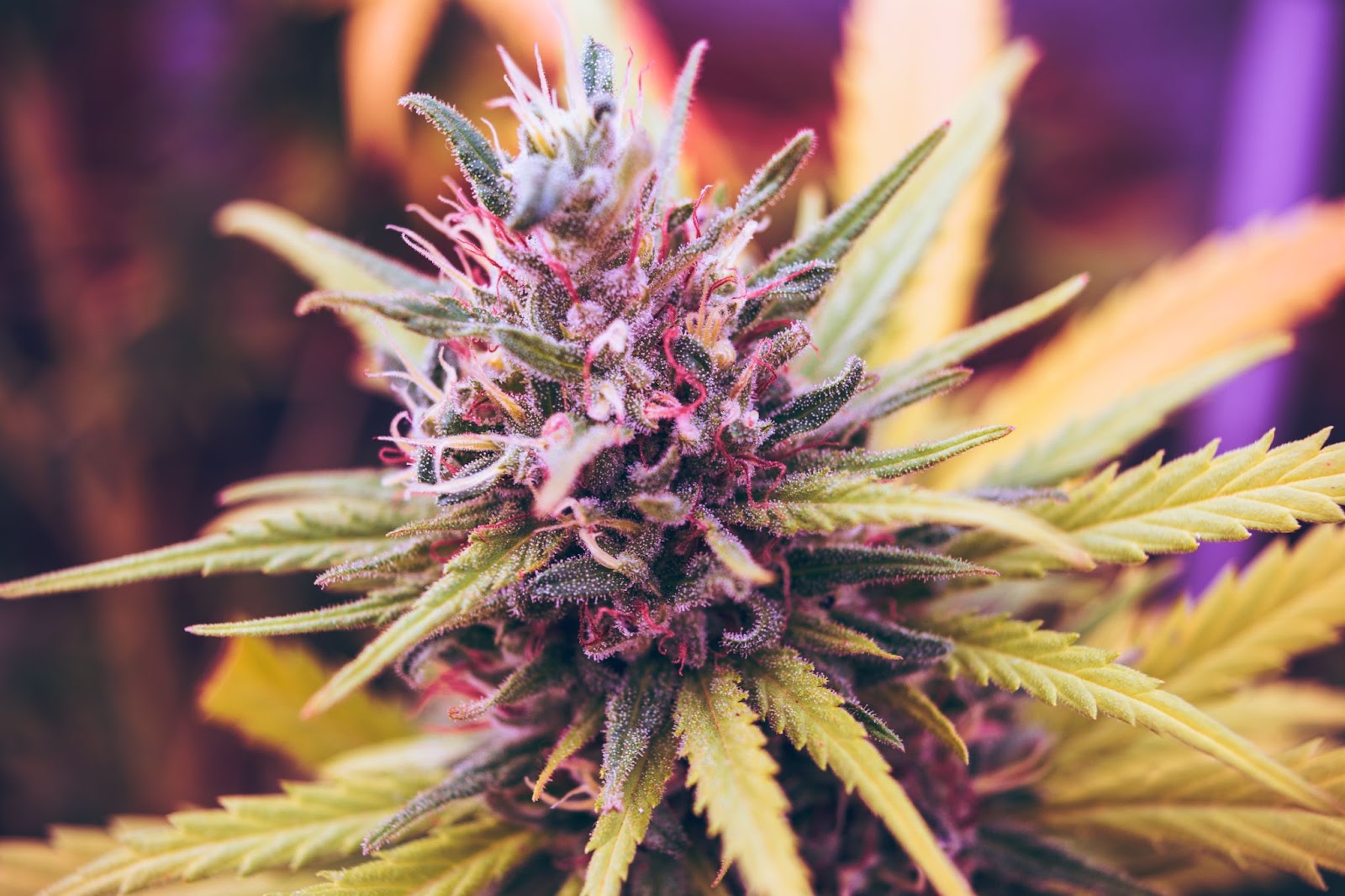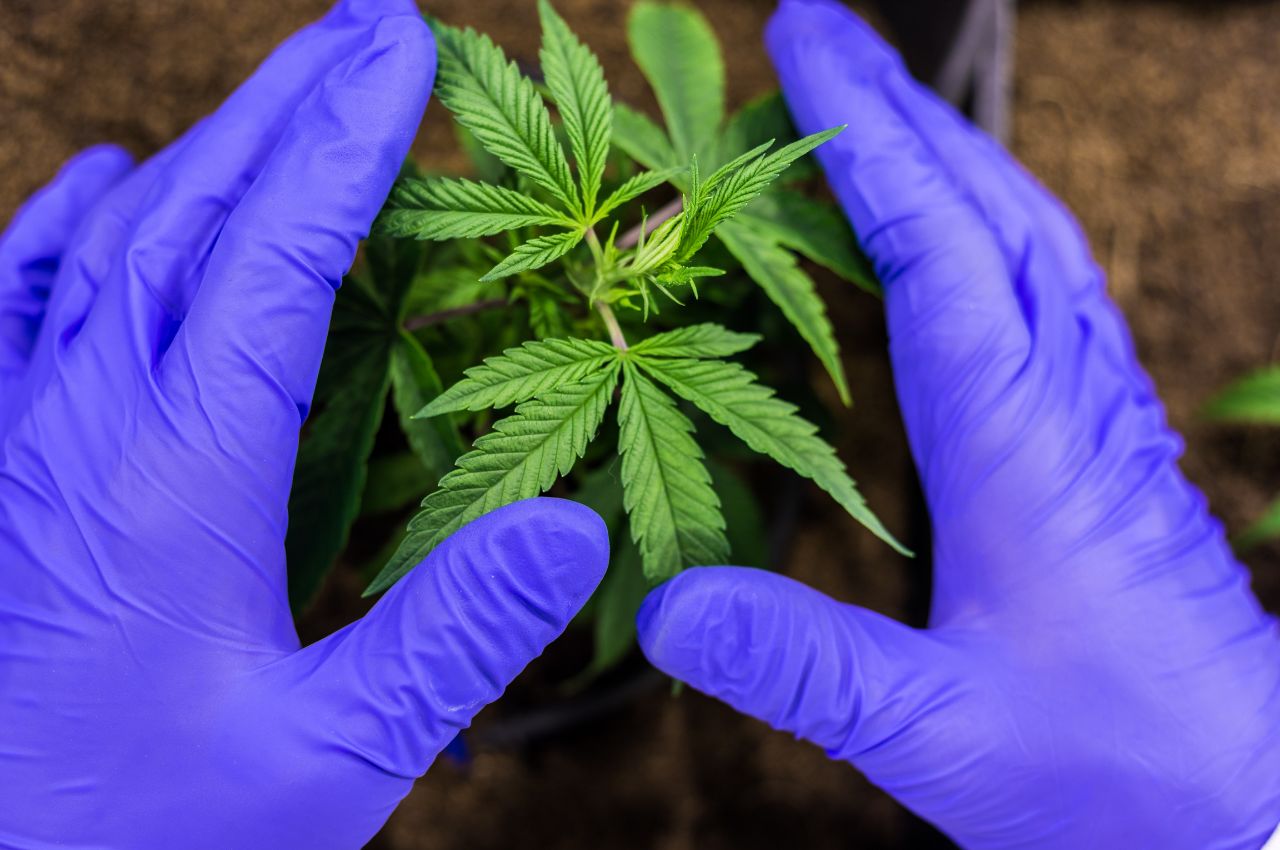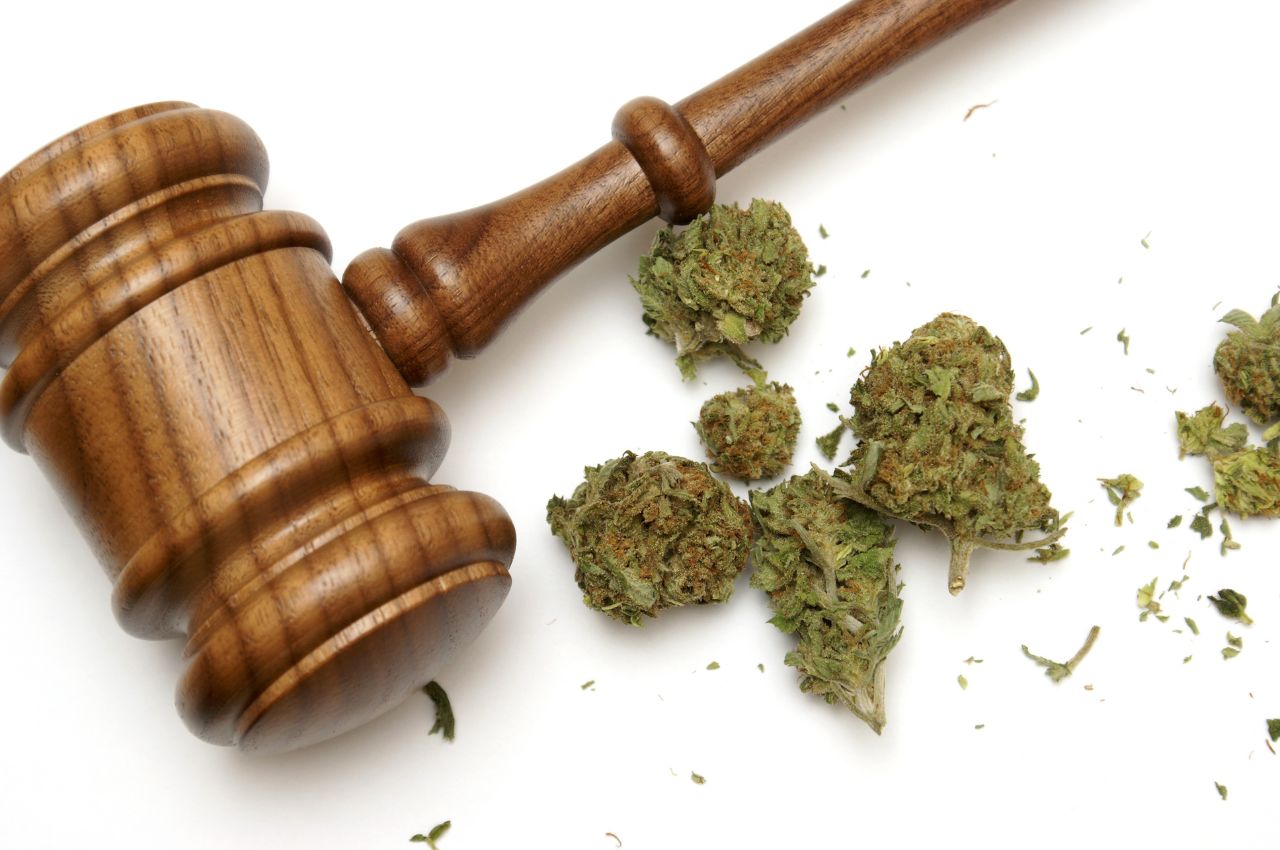A recent study conducted by Rutgers University discovered a connection between the legalization of cannabis and a decrease in the frequency of use of prescription opioids. The study, which was published in the International Journal of Mental Health and Addiction, analyzed data from a survey that focused on adults who reported using prescription opioids and other medications for reasons other than their intended purposes.
The findings indicated that states with medical cannabis laws experienced a decline ranging from 0.5 to 1.5 percentage points in regularly occurring or frequent nonmedical opioid use. Specifically, the study focused on individuals who reported using opioids once per week or more on average within the year. It is worth noting that these reductions were mainly observed among individuals who met the criteria for marijuana dependency. However, Hillary Samples, an expert from the Rutgers Institute for Health Care Policy and Agency Research and a leading authority in this study, highlights the importance of considering both drawbacks and benefits when exploring cannabis legalization as an approach to addressing legalizing cannabis to tackle dangerous opioid use.
Samples says, “There might be some benefits to allowing legal access to medical cannabis in the context of opioid-related harms. However, from a policy perspective,” Samples continues, “there are much more effective interventions to address the ongoing overdose crisis, such as increasing access to treatment for opioid addiction.” This is a vital standpoint as in the United States, the rate of deaths caused by drug overdose increased by over 14% from 2020 to 2021, according to the Centers for Disease Control and Prevention. Researchers have thoroughly examined how cannabis might be able to help with the symptoms of opioid withdrawal and be, therefore, capable of serving as an alternative to opioid use. Samples led a team of researchers to contribute to this evidence, mainly due to mixed findings provided by current research.
According to Samples, the results she and her team found suggest that people may be replacing opioids with marijuana. However, since the decrease in opioid use is modest and restricted to risky marijuana users, the study calls for significant investment in treating opioid addiction. Samples and her team of researchers say that studies in the future need to seek a way to understand whether the declines in the regularity of nonmedical opioid use are evocative of the widespread crisis of opioid addiction.

Additionally, researchers have stated that further information and research need to be conducted to attain the most accurate determination possible. One area that warrants further focus is determining whether the reductions in nonmedical opioid use genuinely concur with increases in cannabis use disorder. Continued research is vital to understand all possible approaches to mitigate the opioid crisis fully. According to Samples, “Policymakers should weigh the overall evidence on the effectiveness of various approaches to reduce opioid-related problems and consider potential trade-offs.”












































